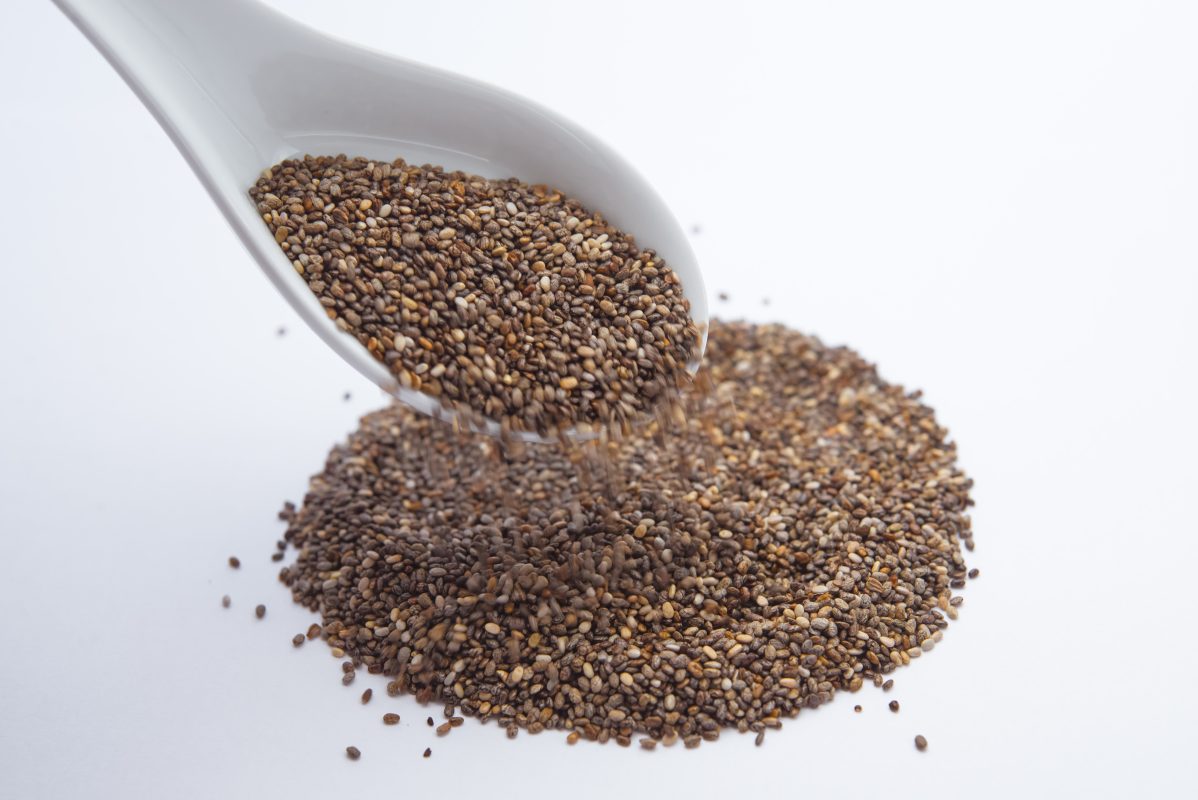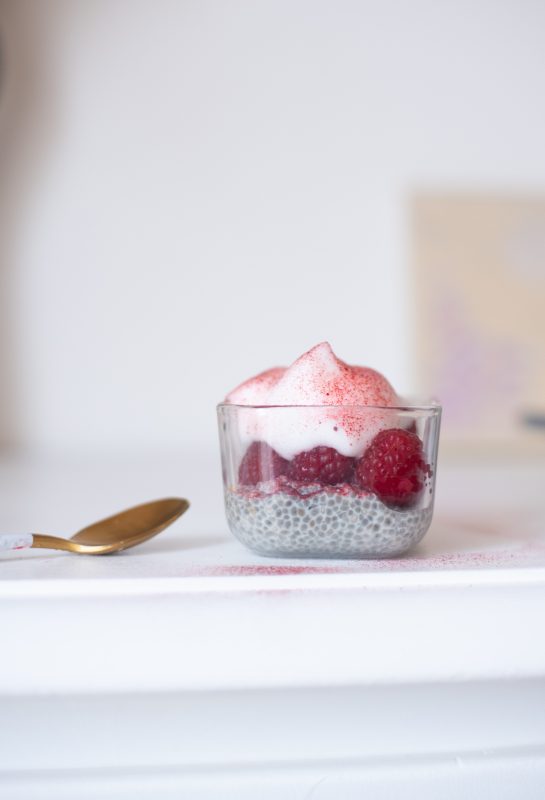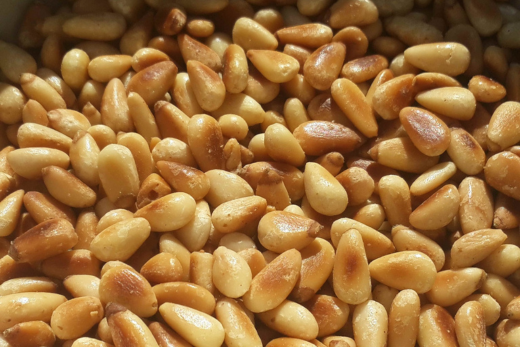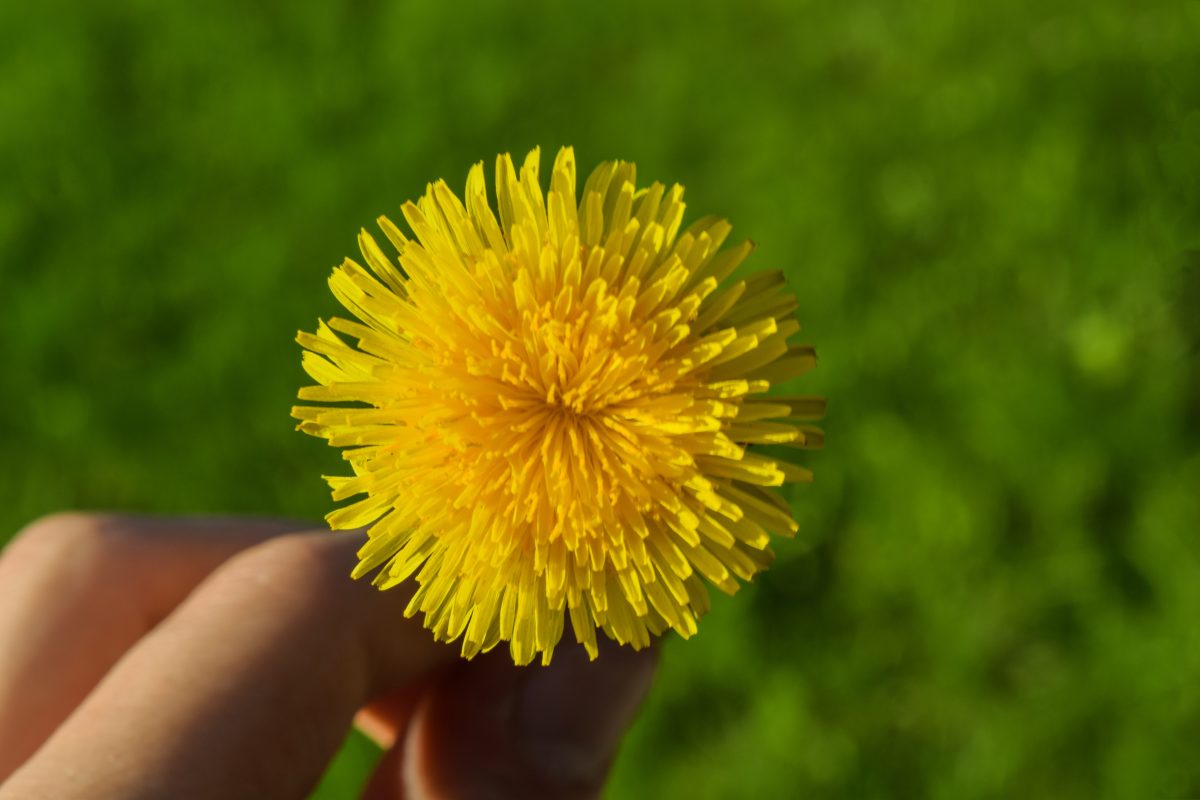Older generations know about chia seeds from the 80s jingle for the comical ceramics pots that would sprout hair or fur in the form of little green plants. What they didn’t know at the time is how popular those little seeds they planted on the ceramic heads would become when it comes to better nutrition.
Chia seeds are a nutritional powerhouse. They’re high in fiber, protein, and omega-3 fatty acids. Here’s what you need to know about these little superfoods.
What Are Chia Seeds?

Chia seeds are a type of seed that comes from the plant Salvia hispanica, a plant native to Mexico and Guatemala. They’re also known for their use as decorations and a food source for birds in South America.
Chia seeds have been used as an alternative medicine for centuries; they were part of many healing practices by Aztecs, Mayans, and Native Americans. They’ve been cultivated for millennia, even as early as 3500 BC. Today there are many health benefits associated with eating chia seeds.
When it comes to what are called functional foods, chia seeds offer benefits beyond strict nutritional value, but they’re also what could be called a functional ingredient, where they offer an improvement to other foods and make them more appealing when it comes to health.
Nutrition In Chia Seeds
Even ancient civilizations recognized the incredible nutritional value of chia seeds. The Aztecs saw them fit as gifts to their gods.
You can see above that modern science has backed this idea. There’s a lot of nutrition in a tiny 1-ounce serving (2 tablespoons).
Here’s what you’ll find in a serving of chia seeds below:

Polyunsaturated Fat (Omega-3 Fatty Acids)
Chia Seeds happen to be the richest source of omega-3 fatty acids in a plant form. A great option for vegans and vegetarians, and it is said to lower risk of cancer and promotes overall health.
Fiber, Protein & Magnesium
Chia seeds contains 11 grams of fiber which is essential for a healthy diet and digestion. Unlike other plant-based proteins, chia seeds are considered a complete protein as it contains all nine essential amino acids. By consuming a tiny serving of chia seeds, you get almost a quarter of daily recommended intake of magnesium. Magnesium allows proper functioning of the muscle and nervous systems.
Phosphorus, Zinc & Calcium
Did you know that chia seeds are rich in phosphorus (20% of recommended daily value) and calcium (18% of recommended daily value1)? They both help to build, maintain strong teeth and bones alongside repairing your body tissues. The zinc elements in chia seeds is also important for daily body functions and strengthening of the immune system.
Iron, Vitamin B1 (Thiamine) & B3 (Niacin)
Chia seeds is also rich in iron (12% of daily recommended) which helps with brain functioning. Both vitamin B1 & B3 also helps with producing energy for your daily activities and inducing good skin health.
Benefits Of Eating Chia Seeds
Antioxidants
This is a word you hear thrown around a lot these days. Antioxidants neutralize the reactive molecules2 (free radicals) that can damage our cells if they build up in our bodies. These free radicals can contribute to aging and diseases like cancer.
The antioxidants in chia seeds keep the good fats from going rancid but also provide protective efforts toward your heart and liver on top of fighting cancer. Specifically, chia seeds contain chlorogenic acid, caffeic acid, myricetin, quercetin, and kaempferol. Each having their own specific benefits to your body.
Weight Loss
Chia seeds can help with weight loss goals. Added fiber and protein in the diet are known to help with those trying to lose weight or maintain a healthier weight. When you think about it, chia seeds are actually made of about 35% fiber by weight when 1 ounce carries 11 grams of fiber. The added protein can healthily curb appetite.
Lower Risk Of Heart Disease
The benefits of chia seeds when it comes to fighting heart disease are threefold. The high amounts of fiber, especially the soluble fiber found in chia seeds can help lower your LDL or bad cholesterol levels in your bloodstream. Lowering your LDL levels is widely known to be good for heart health.
The omega-3 fatty acids, specifically the ALA (alpha-linolenic acid) have been linked to a decrease in your risk for heart disease3. In fact, a few studies with humans have shown that chia seed supplements reduced blood pressure4 in people that suffered from high blood pressure or hypertension.
Strengthen Your Bones
Chia seeds are good for your bones. Containing good quantities of calcium, magnesium, and phosphorus means that chia seeds are helpful for maintaining a good bone mineral density.
Reduce Blood Sugar Levels
Chia seeds may even reduce blood sugar levels. While this research is still in the animal study phase, it does look promising. The animal studies5 have shown that chia seeds can improve levels of insulin sensitivity. This means that they might contribute to stabilizing blood sugar levels after meals. Older studies6 did show that humans who ate bread containing chia seeds has lower blood sugar levels than those who consumed bread without chia seeds.
How Do I Consume Chia Seeds?
Chia seeds are a versatile ingredient that are easily incorporated into your diet and considering the above, why wouldn’t you? You can add them to your favorite smoothie, bread, or salad recipe for a nutritional boost. They also make an excellent topping for yogurt or ice cream!
If you’re looking for a creative way to use chia seeds, try making Chia Pudding!

Chia Pudding
Chia Pudding is a guilt-free and easy to make dessert.
First, mix ¼ cup of seeds with a cup of liquid. Chocolate almond milk is a great option, or you can use fruit juice.
Let the seeds and liquid suit for at least 15 minutes in the fridge. The liquid makes the seeds expand into a gel-like consistency and you can top it up with some fruits and yogurt to enjoy it with your love ones!
Since chia seeds can be added to just about anything, here are a few more ideas for you to create fun & tasty recipes:
- Add them to smoothies, porridge, soups, and baked goods.
- Sprinkle on salads for extra crunch and visual appeal.
- Mix them with yogurt or cheese for a healthy snack that’s full of protein and good fats!
- Add them to overnight oats.

Conclusion
Chia seeds really do pack a lot into a little handful of seeds. Because so little is needed, it’s easy to add chia seeds to your diet without changing the menu. Beyond the amazing nutrition contained in these little white or black seeds, the health benefits are astounding.



